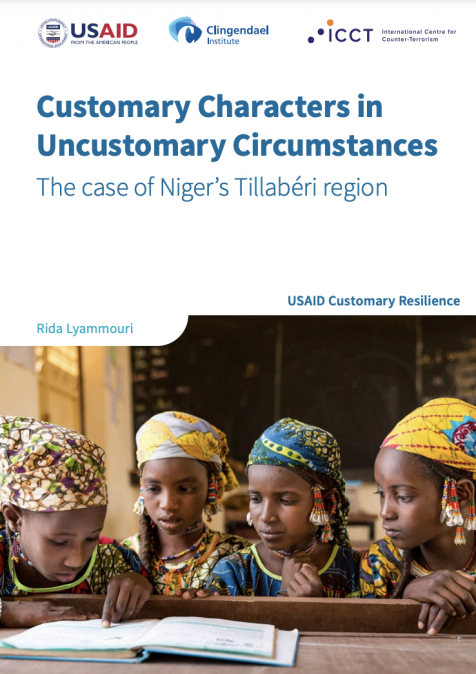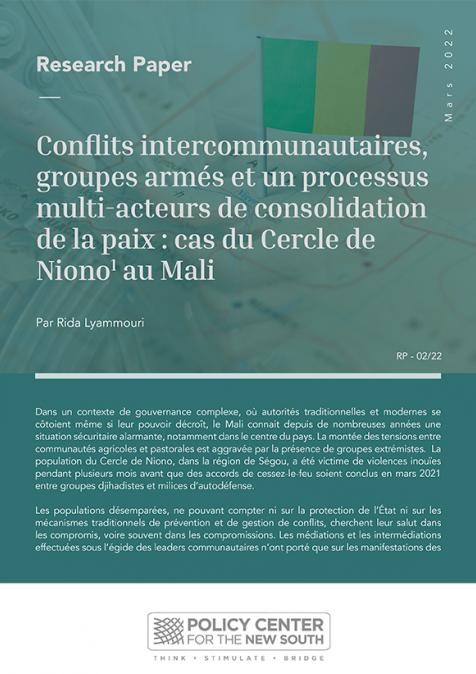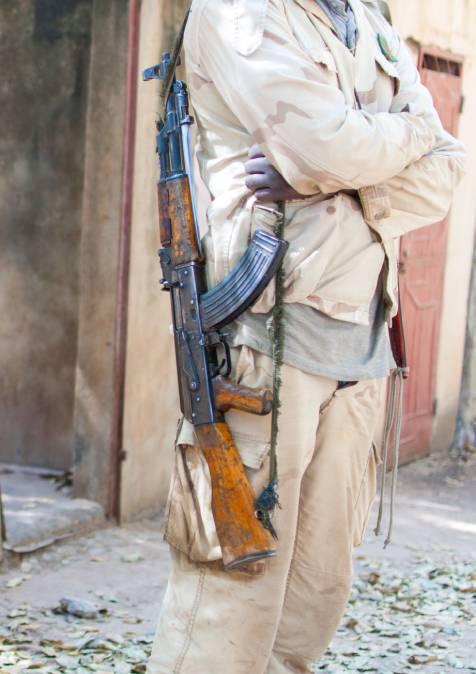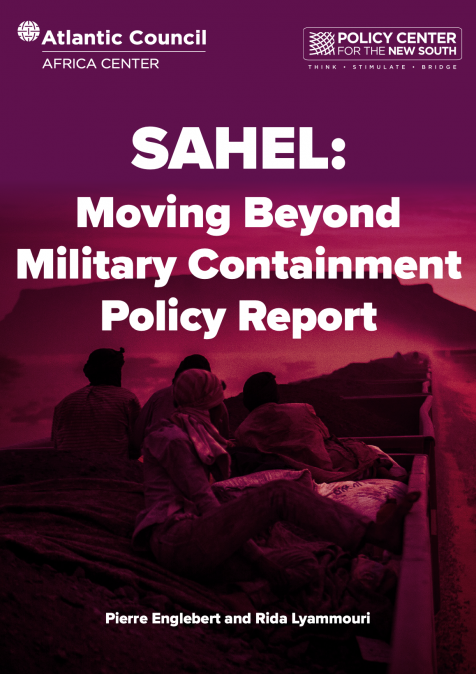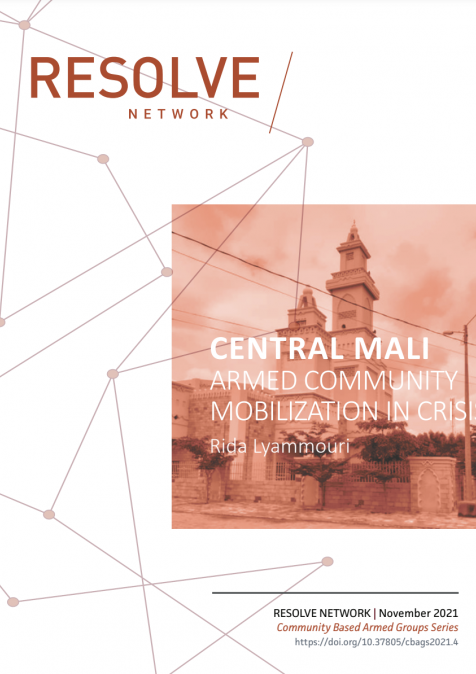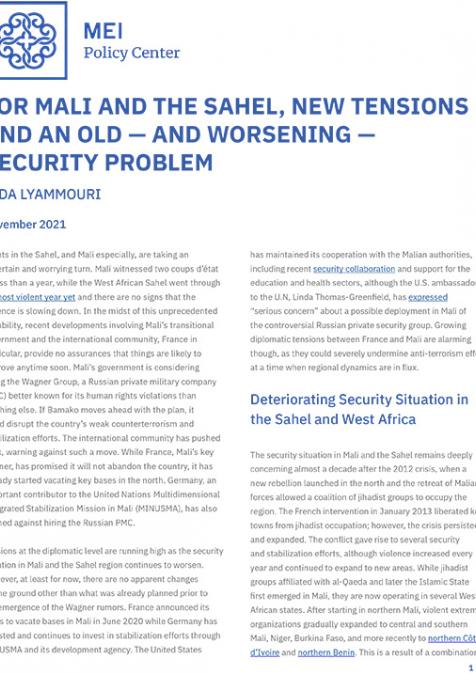Africafé x Forum de Dakar: Le rôle des communautés locales dans la paix et de la sécurité au Sahel
November 10, 2022
Africafé est une émission du Policy Center for the New South qui décrypte l’actualité des organisations africaines et de l’Afrique. A travers de courtes interviews, l’émission tente de proposer d’aborder de manière pédagogique les enjeux des organisations africaines et l’actualité du continent. Dans cet épisode Madame Binta Sidibe Gascon parle de l’importance de l’implication des communautés locales dans la paix et la sécurité au Sahel et met l’accent sur l’importance de l’inclusion des femmes et des minorités ethniques dans le règlement des conflits.
Speakers

Youssef Tobi
International Relations Specialist
Tobi Youssef has joined the Policy Center for the New South in 2017. He is currently working on Politics and Governance in the Maghreb Region; his areas of expertise are geopolitics, political risk and nation building. Youssef Tobi obtained a Master Degree at Sciences Po Lyon where he wrote two thesis on “ the role of Moroccan Bank in Africa, a non-state actor in service of the Diplomacy” and the“ Chasm between the mediatic and associative representation of refugees : a case study”.
Prior to working at the Think tank, Tobi Youssef participated in a Social Entrepreneurship Project in Beirut, Lebanon and conducted an internship in a NGO based in Marseille where he assisted refugees and helped raise funds.
...
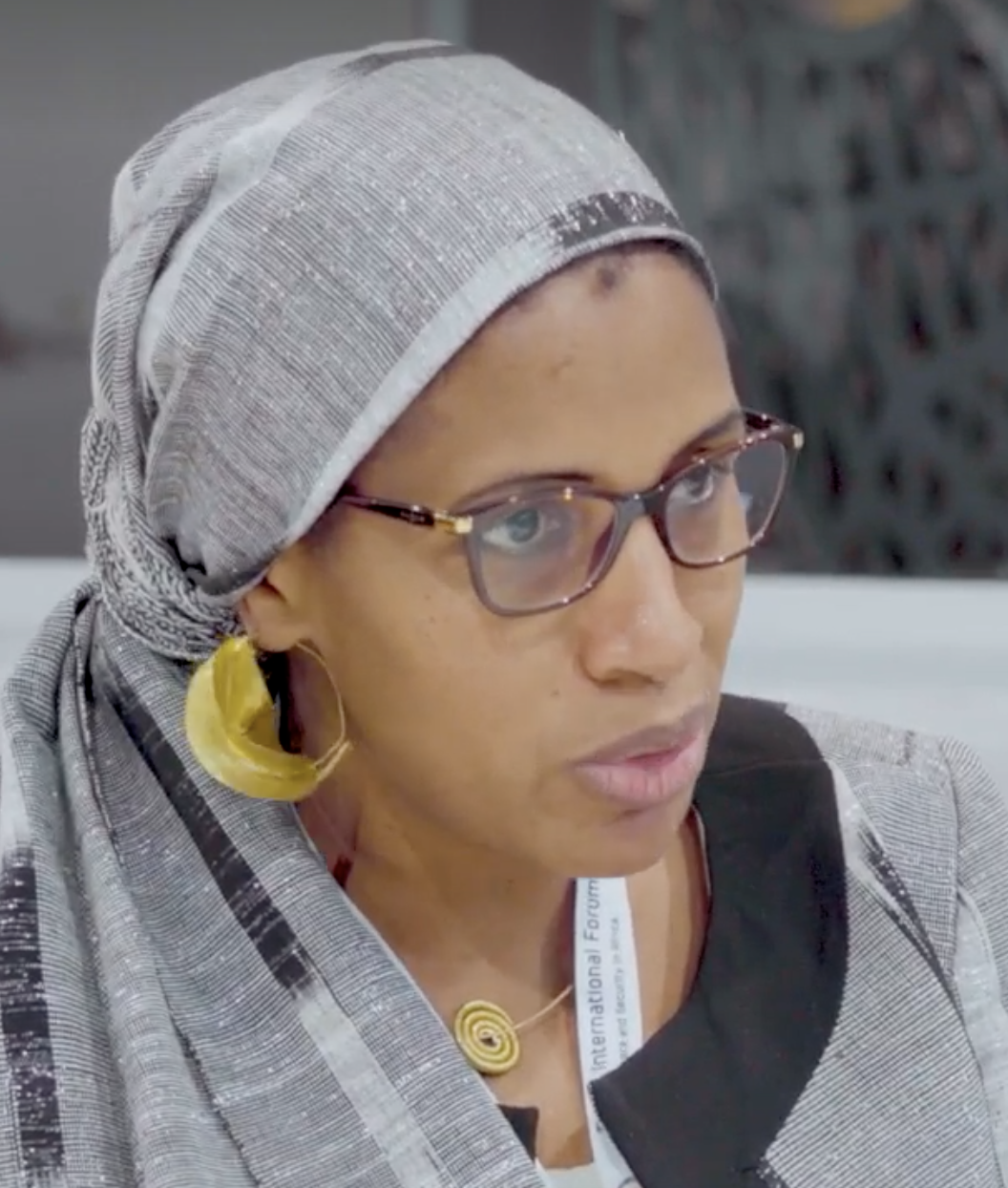
Binta Sidibe Gascon
Vice-présidente de l'observatoire KISAL (ONG de défense des droits humains au Sahel)
...



